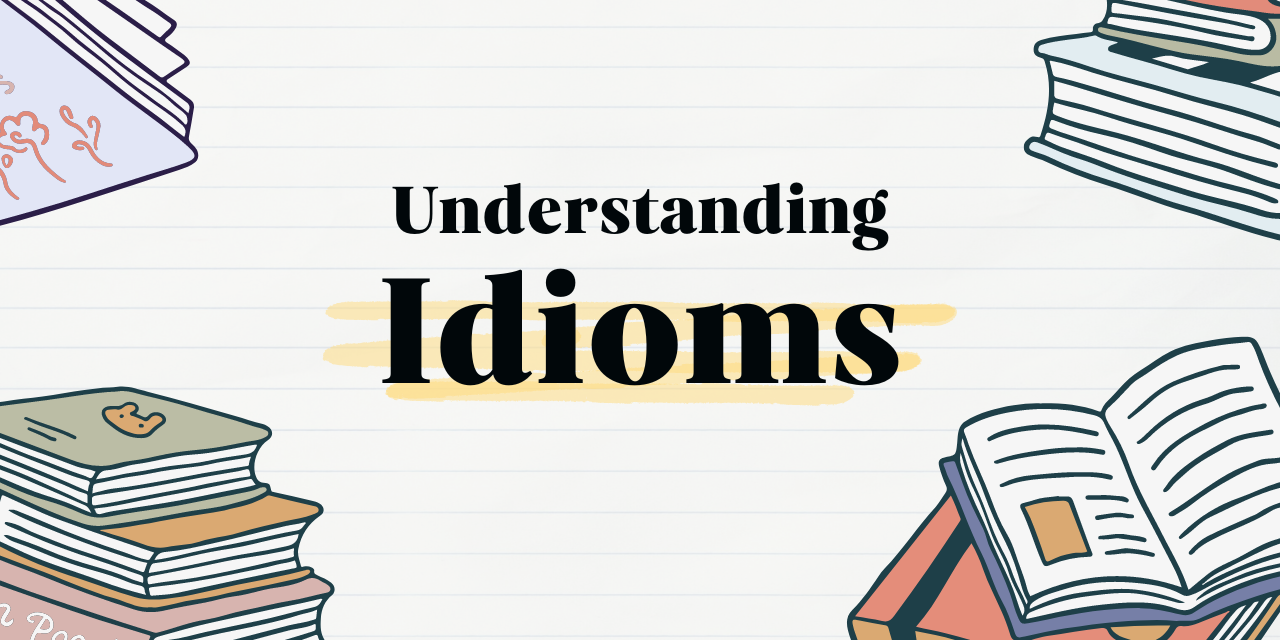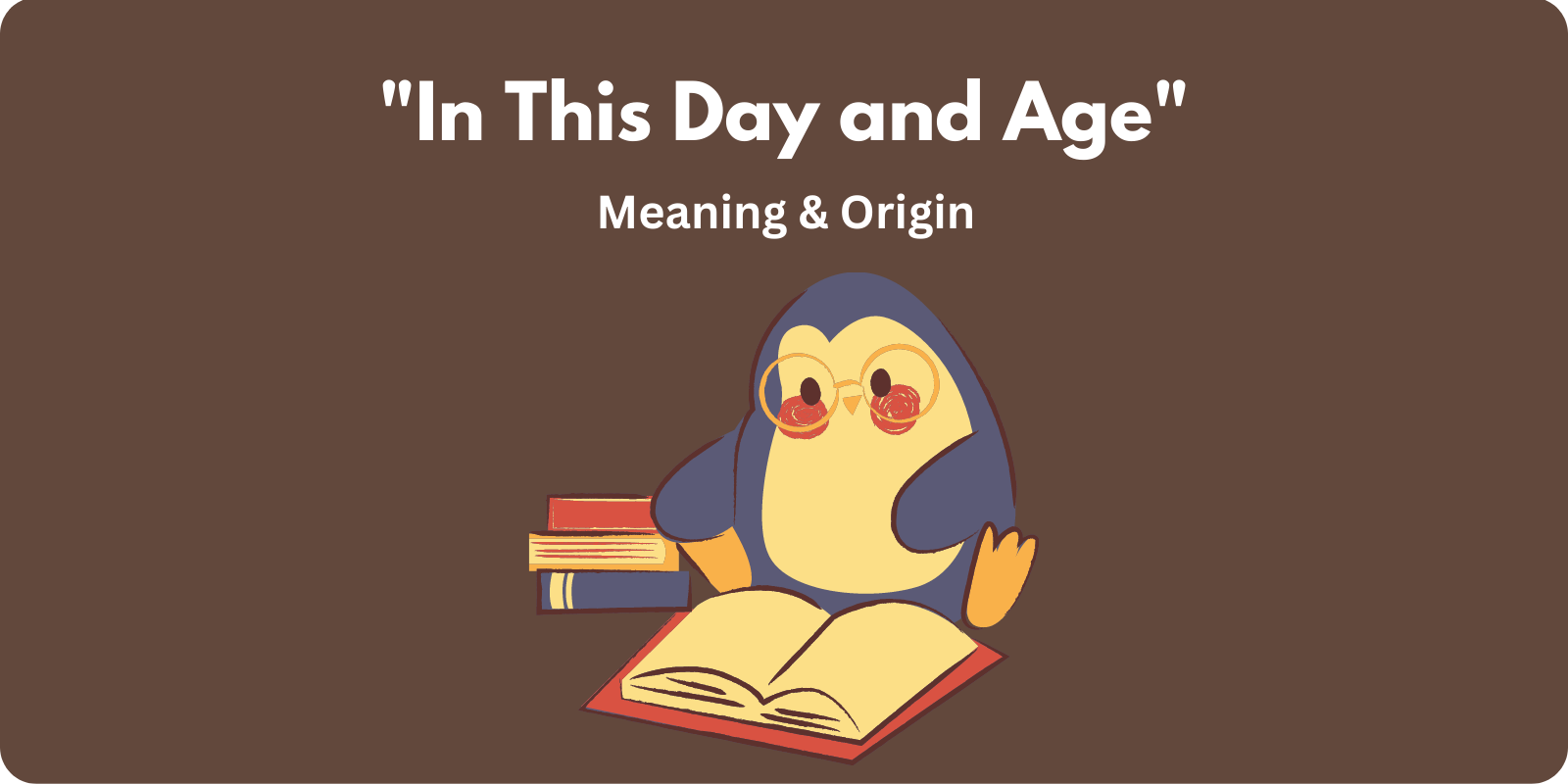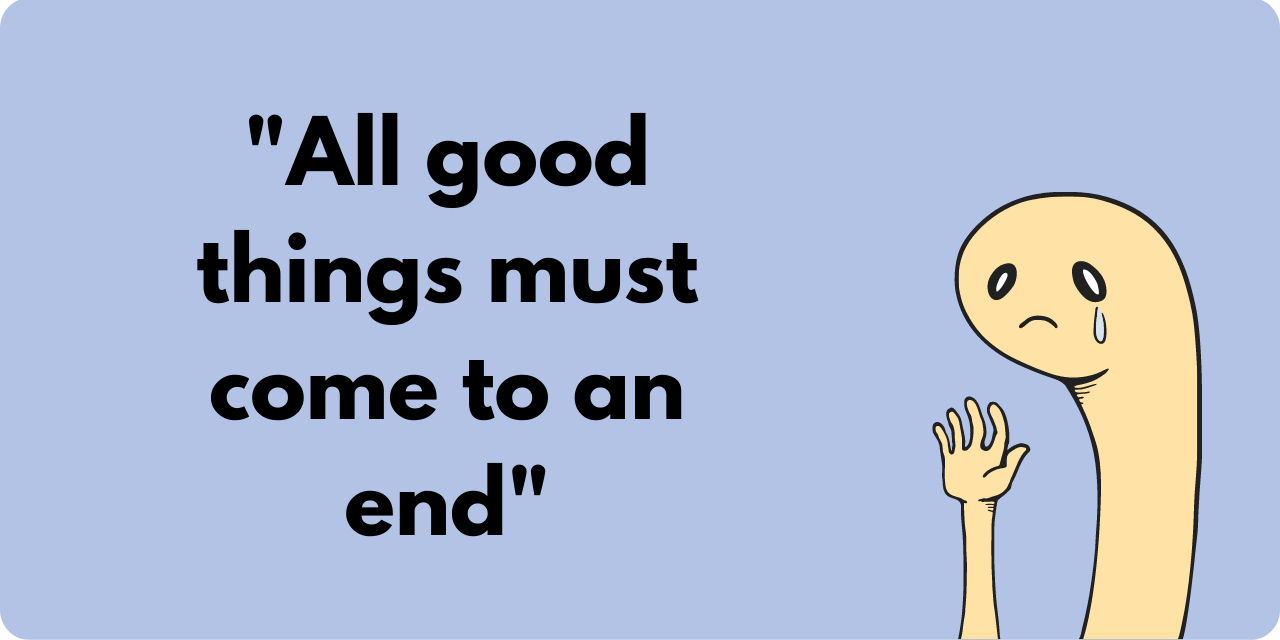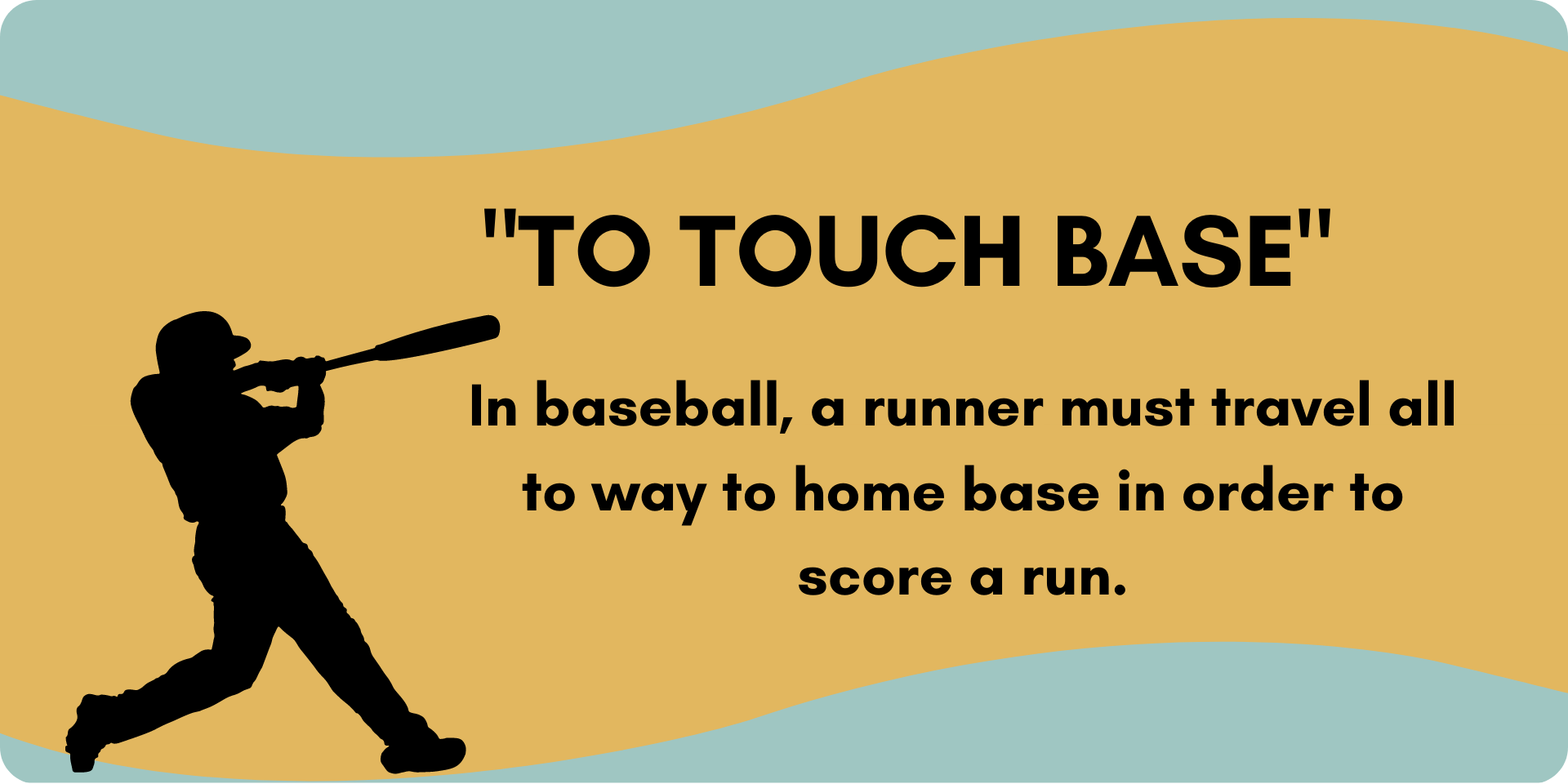What is the meaning of the common expression “the seven-year itch?” Generally speaking, this refers to the notion that things go stale after seven years, particularly in relationships. However, the expression can be used metaphorically to describe other various situations.
Where did this expression come from? Partially from reality. There does seem to be a cycle of dissatisfaction in a romantic relationship or in other situations, such as a job. After about seven years, things go stale. We crave a little variety, and too much of the same thing is, well…too much.
A little etymology
As to when…it doesn’t appear in the Oxford English Dictionary, which traces every word/phrase the researchers could find, with documentation of the change n form and meaning down through the centuries.
But when I checked out the Random House Webster’s Unabridged Dictionary (last publication date 2001), there it was, at the top of p. 1754.
Before it meant ‘relationship dissatisfaction,’ it was a physical condition ready to be assigned derived meanings. And the above timing would gibe with Wikipedia’s account:
The phrase [with derived meaning – AMP] was used in the title of the play The Seven Year Itch by George Axelrod, and gained popularity following the 1955 film adaptation starring Marilyn Monroe and Tom Ewell. In his 1913 novel, The Eighth Year, Philip Gibbs attributes the concept to the British judge Sir Francis Jeune.
So per the OED, the phrase was in use as early as 1400 to denote a skin disease, scabies — Random House’s first definition – an ailment which may have hung around a long time, hence the “seven-year.” Sir Francis is the first attributable source of the derived meaning ‘marital dissatisfaction’ but it may have been around before he committed it to paper.
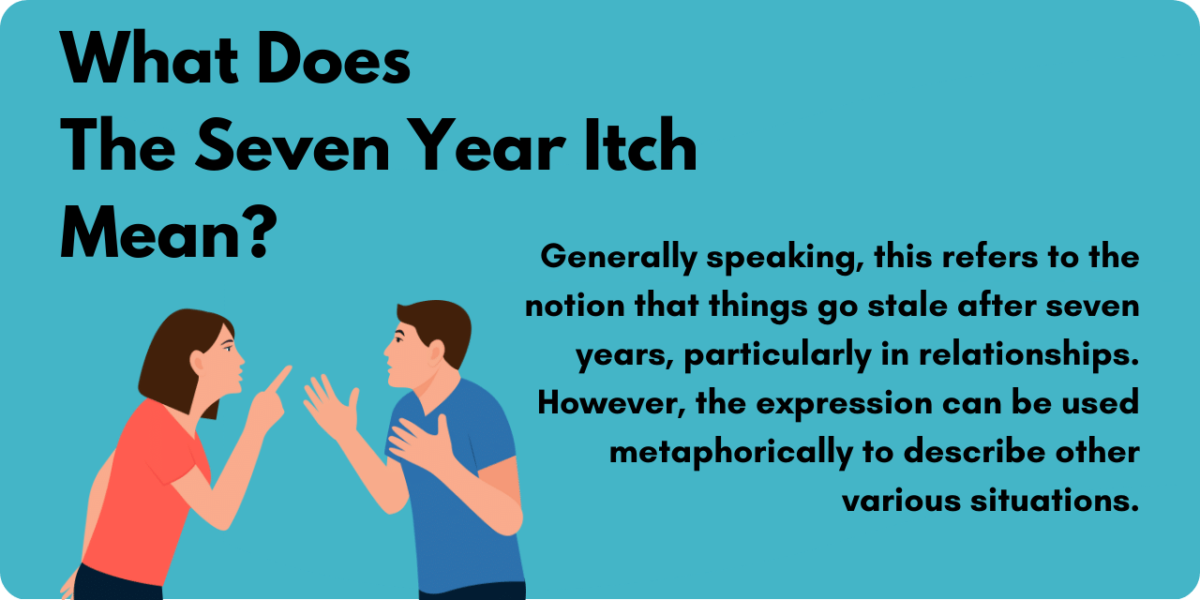
Here are a couple of examples from Ludwig that show further-derived meanings you may encounter, i.e., ‘delayed gratification’:
Southampton have scratched their seven-year itch.
The New York Times –
It’s like the seven-year itch of politics
Usage notes
This is one of those semi-slang words that’s familiar to any native speaker of English and probably to many second-language speakers as well. I recommend confining it to your “passive vocabulary”: understand it when it’s said or read, but use it only when it’s dead-on appropriate.
Further reading: here are some other great expressions that you can integrate into your writing:
Dog Whistle

